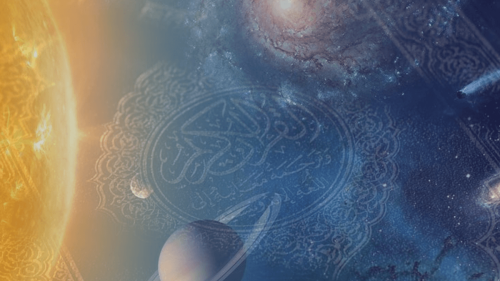Can Modern Technology Help or Harm a Muslim's Connection to Faith?

Modern technology can both help and harm a Muslim's connection to faith, depending on how it is utilized. On one hand, it provides opportunities for Muslims to engage with their faith through online lectures, access to scholarly resources, and community discussions.
For example, young Muslims can gather online to listen to lectures, follow up on Da'wah initiatives, and communicate with scholars, which can strengthen their understanding and practice of Islam. This collective engagement can also help protect them from negative influences, as being in a group makes it harder for them to stray into harmful content.
Allah says in the Quran, "Whoever does righteousness, whether male or female, while he is a believer – We will surely cause him to live a good life, and We will surely give them their reward [in the Hereafter] according to the best of what they used to do.” (Quran 16:97).
On the other hand, the internet and modern technology can expose individuals to distractions and harmful content that may lead them away from their faith. The Prophet Muhammad (ﷺ) emphasized the importance of unity and community, suggesting that isolation makes individuals more vulnerable to negative influences, akin to a solitary sheep being preyed upon by a wolf.
Therefore, while technology has the potential to enhance a Muslim's connection to their faith, it also requires careful navigation to avoid pitfalls that could weaken that connection.
The impact of modern technology on a Muslim's faith depends on how it is used. It can serve as a tool for enrichment or a source of distraction, underscoring the importance of engaging with technology in a way that aligns with Islamic principles.
This answer was generated by IslamiCity ChatILM. Ask your question now.
Topics: Islam And Science, Muslims, Science And Technology
Related Suggestions

















